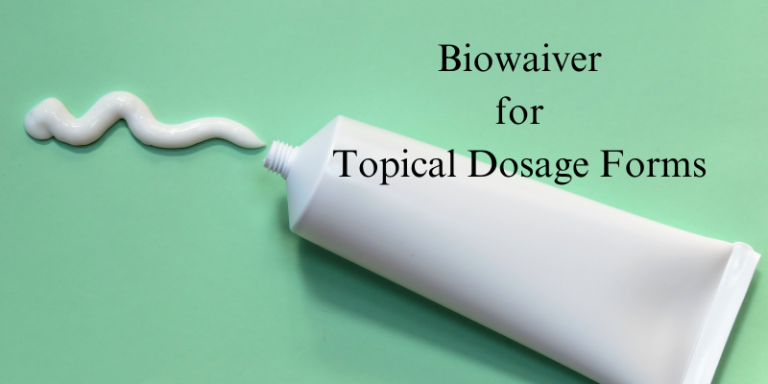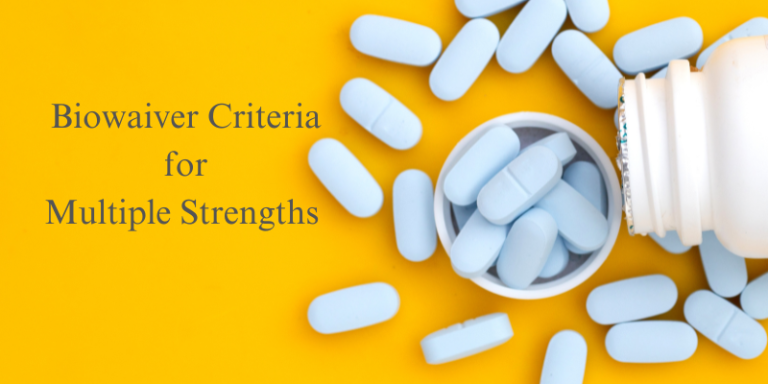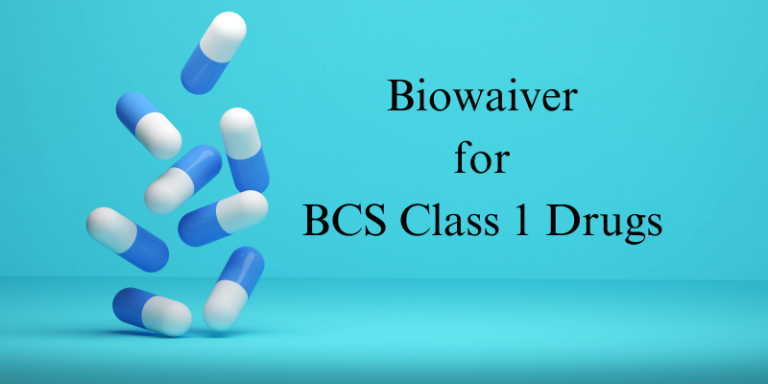Biowaiver for Topical Dosage Forms
A Biowaiver for a topical dosage form refers to regulatory approval for marketing a generic topical product without conducting in vivo bioequivalence (BE) studies. Instead, equivalence is demonstrated using in vitro methods and other scientific justifications. Key Considerations for Biowaiver of Topical Dosage Forms Regulatory agencies such as USFDA, EMA, and WHO provide guidelines for…




